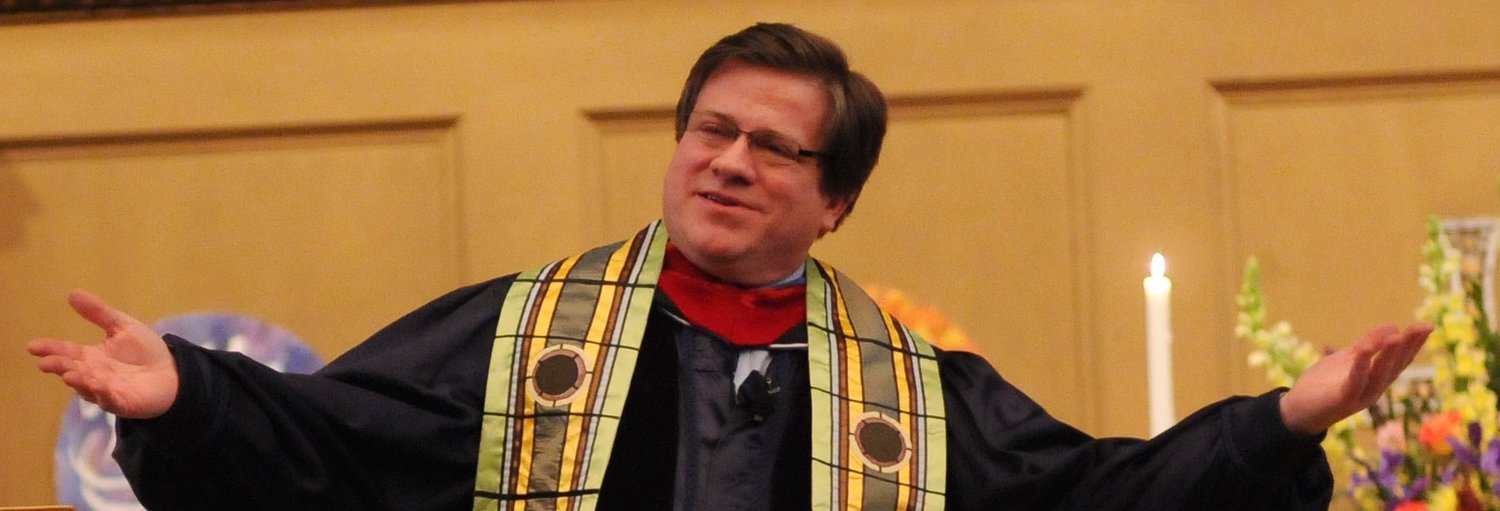Outstretched Wings of the Spirit--Day Nineteen
The Nineteenth Day
(Sunday, March 24, 2019)
Sin Unconfessed and Unforgiven
“Confession of sin is vital to religious health. Only through confession and repudiation of disloyalty can one reinstate and preserve one’s loyalty in the midst of that constant and inevitable unfaithfulness which life imposes. . . . The act of confession is itself an act of loyalty which neutralizes disloyalty.
“Confession . . . keeps the conscience sensitive and keeps living and growing the fine powers of discrimination of better and worse. Without confession of sin, sensitivity and appreciation for the noblest values of living and of God are gradually atrophied. This s inevitable. As surely as disease destroys the organism, so surely does unconfessed sin destroy the capacity to appreciate and serve the highest values. Aspiration fails, love of God declines, the far reaches of glory fade from our vision. The sublimity and the tragedy that hover over life give place to drab routine and nothing more. A creeping death spreads over the fine powers of love, loyalty and appreciation. Sin unconfessed and unforgiven is death to the powers of appreciation. Such death incurred by sin is the teaching of all the great religions.
“Finally confession of sin enables on to yield oneself to the purging, remaking process of growth which is God.” (Wieman & Wieman)
To be aware of one’s guilt is not enough. Our tendency is to acknowledge it absent-mindedly, and then to say to ourselves, “I’ll do something about this someday,” or we rationalize, “Yes, I may profit from the exploitation of fellow humans in the underdeveloped world, but what can Ido about it? This is the sin of politicians and presidents, of captains of industry and banking interests over which I have no control.” And so we “play the game” of exploitation of our fellow humans, which is disloyal to the growth of creative mutuality that is God at work in the universe. We need to confess our sin—before God—and honestly and diligently search for ways to change the evils we acknowledge. (Donald Szantho Harrington)
Prayer
Just God, we confess before You our own participation in and profit from the ways we are contrary to Your Will for us and for our world. We are sorry, God. We are ashamed of ourselves. We will do better. Amen.
Hymn
When wilt thou save the people?
O God of mercy tall?
Not kings and queens, but nations!
Not thrones and crowns, but all!
Flowers of thy heart, O God, are they;
Let them not pass like weeds away,
Their heritage a sunless day:
God save the people!
Shall crimes bring crime forever,
Strength aiding still the strong?
Is it thy will, O Great One,
That some should toil for wrong?
“No” say thy mountains,; “No” thy skies;
Earth’s clouded sun shall brightly rise,
And songs be heard instead of sighs:
God save the people!
When wilt thus save the people?
O God of mercy tall?
The people, God, the people,
Not thrones and crowns, but all!
God save the people; thine they are,
Thy children, as the angels fair;
Save them from bondage and despair!
God save the people!
—Ebenezer Elliott (Hymns of the Spirit, no. 324)
Donald Szantho Harrington wrote the Lenten meditation manual Outstretched Wings of the Spirit: On Being Intelligently and Devotedly Religiousbased on the theology of Henry Nelson Wieman and Regina Westcott Wieman. It was published by the Unitarian Universalist Association in 1980.
